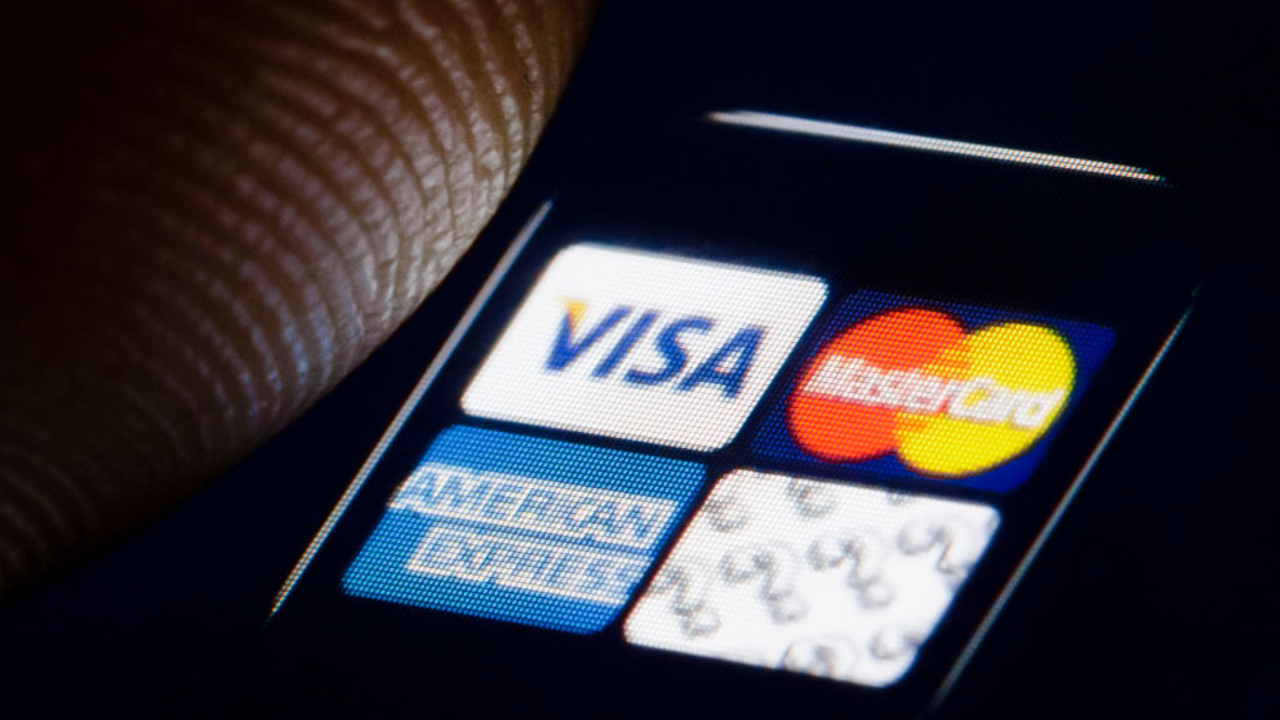Why American Express isn’t universally accepted




Key takeaways
- While many American Express cardholders love the rewards they can earn by swiping their card, they may not be able to use the card at every merchant.
- It’s more common for U.S. merchants to accept Amex payments than merchants in other countries.
- Amex processing fees can cost businesses hundreds of dollars more than other card networks.
If you’re traveling abroad soon, your American Express card might not be the right card to bring. That’s because many merchants outside the U.S. don’t accept Amex credit card payments.
It’s fairly common to swipe an Amex at U.S. merchants, so what’s holding merchants in other countries back? One possible reason is the higher fees American Express charges merchants who accept the network’s cards.
Why don’t all businesses accept American Express?
When you’re out and about, it’s possible to visit a restaurant or retailer that doesn’t accept Amex card payments. That’s because American Express charges merchants a higher fee than competitors do.
All credit card networks charge processing fees for businesses to accept card payments from that network. But some fees are higher than others. While processing fees are a cost of doing business, it’s understandable why merchants would want to pay less in fees — especially if not accepting one type of card (like American Express) doesn’t hurt their bottom line.
Even though the difference in fees charged by Amex versus other networks comes down to dollars and cents, it adds up.
Visa and Mastercard tend to charge credit card processing fees between 1.15 percent + $0.05 and 2.5 percent + $0.10 per transaction. American Express charges 1.43 percent + $0.10 to 3.30 percent + $0.10 per transaction. That means if a business sells $10,000 in credit card transactions per week, they could pay around $115 to $250 in Visa and Mastercard fees versus around $143 to $330 in Amex fees.
How is American Express different from other credit cards?
The main difference between American Express and Visa and Mastercard is that Amex acts as both the card network and card issuer. Visa and Mastercard are the largest credit card networks in the world, but they don’t issue their own credit cards. Instead, you’ll find their logos on cards issued by Chase, Capital One and other banks.
American Express offers a slew of its own credit cards, including a number of popular rewards credit cards, including cash back options as well as those earning Membership Rewards points.
Another difference is that, unlike many other issuers, American Express still offers a number of cards that don’t allow cardholders to carry a balance. In recent years, American Express has introduced more ways to carry a balance on its cards, including the Pay Over Time and Pay It Plan It features, but many of its cards still function like charge cards. Charge cards require you to pay off the balance in full each month as compared to credit cards, which allow you to carry a balance from month to month.
And of course, the processing fees that Amex charges also set it apart from other credit card networks.
How expensive are Amex merchant fees?
American Express outlines its fees for merchants in the American Express Merchant Reference Guide. The primary fee it charges merchants is called the Discount, which varies but typically falls between 1.43 percent + $0.10 and 3.30 percent + $0.10 per transaction.
Other merchant fees can include non-swiped transaction fees (when a credit card isn’t present and the number is keyed in), voice authorization fees, check fees, paper statement fees and more.
What types of businesses accept American Express?
While there are exceptions, American Express is accepted at most airports, restaurants, hotels, grocery stores, subscription services and online merchants. According to its website, Amex is now accepted at 99 percent of U.S. places that accept credit cards. But this may be less true in other parts of the world.
The bottom line
When it comes to processing fees, you can see why American Express cards have not always been a favorite for merchants. It’s become more common to swipe an Amex card in the U.S., but if you’re traveling abroad, you’ll probably want a payment method besides an Amex in your wallet. There are many great options for Visa or Mastercard credit cards that are accepted worldwide, and many of the best cards don’t charge foreign transaction fees — making them ideal for international travel.
Why we ask for feedback Your feedback helps us improve our content and services. It takes less than a minute to complete.
Your responses are anonymous and will only be used for improving our website.





